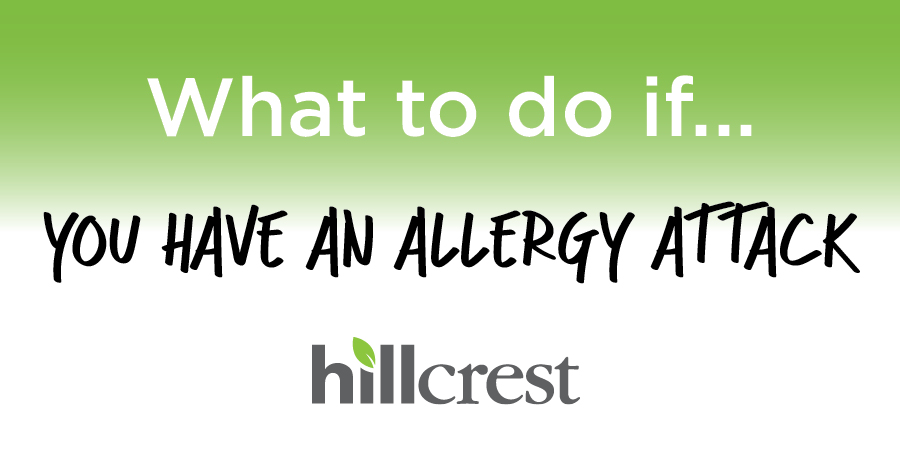Springtime means Mother Nature in bloom and allergies on the rise. Ryan Choplin, PA-C, a family medicine specialist with Utica Park Clinic, shares some tips on how to combat allergy attacks while enjoying the season.
• How to prevent or suppress an allergy attack
The best way to prevent allergy attacks is suppressing your seasonal allergy response. This occurs with daily use of an antihistamine and a steroid nasal spray for at least two weeks before the new season begins and throughout the season. For individuals who have year-round allergies, it is best to take both an oral antihistamine and steroid nasal spray every day of the year.
• Signs or symptoms of an allergy attack
Itchy, watery or sometimes red eyes, runny nose, nasal congestion, post-nasal drainage, dry cough that typically worsens at night or when laying down and/or a headache.
• Common prescription medications for an allergy attack
Oral steroid (prednisone, methylprednisolone) or leukotriene inhibitors (montelukast).
• Common over the counter medications for an allergy attack
Antihistamines, steroid nasal sprays, decongestants, ophthalmic antihistamine, saline nasal spray or a neti pot.
Oral steroids and steroid intramuscular injections, like an allergy shot, should be used sparingly as studies demonstrate detrimental effects in the long term.
• When to seek help
A patient should consider seeing their primary care provider or going to an urgent care when over-the-counter medications do not work for their symptoms and/or they develop additional symptoms that indicate a possible infection. Symptoms can include fever, fatigue/malaise, body aches, bloody nasal discharge or severe ear pain.
If you believe you are experiencing an allergy attack, immediately seek medical attention in person or, depending on the severity of the attack, call 911.

